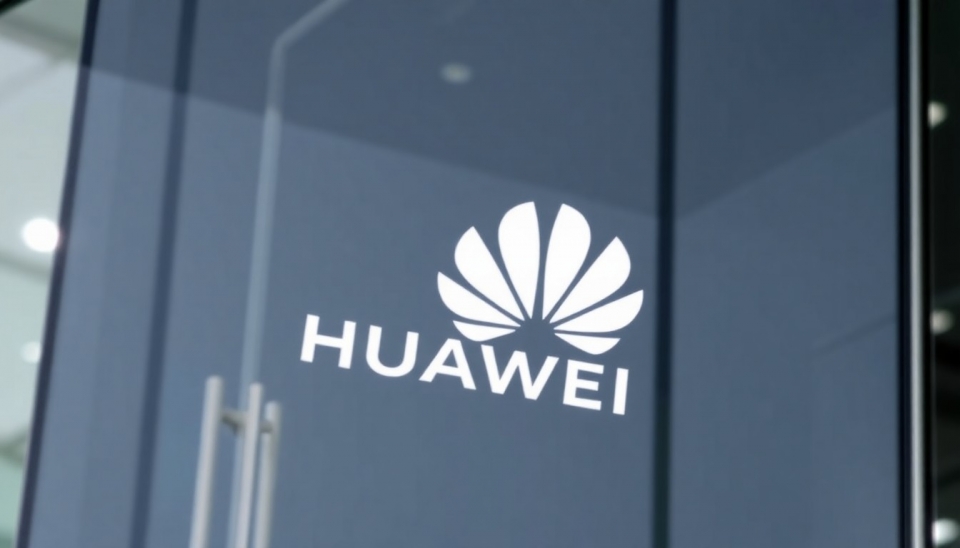
In a pointed critique of current U.S. trade policies, the chair of the Republican China panel has expressed strong discontent regarding the recent semiconductor restrictions aimed at Huawei Technologies Co. The chair's comments come in the wake of revelations about potential loopholes in the regulations that could undermine their effectiveness in limiting China's access to cutting-edge technology.
During a congressional hearing, the chair highlighted that the U.S. government’s strategy to curb Huawei’s influence in the telecommunications sector has become increasingly ineffective due to these loopholes. He described the current measures as insufficient, arguing that they permit certain technological advancements to still flow into China, thereby potentially empowering a geopolitical adversary.
The critique follows ongoing tensions between the U.S. and China, particularly in the realm of advanced technology and national security. Huawei, which has faced scrutiny over its alleged ties to the Chinese government, has been targeted by various restrictions aimed at curbing its access to high-end chips and other critical technology components that are vital for 5G and other telecommunications advancements.
Despite the U.S. government's intentions to restrict Huawei’s capabilities, the chair underscored that the existing policies do not adequately address the complex nature of the semiconductor supply chain, which is global and intertwined. He suggested that without more stringent measures, Huawei could continue to leverage loopholes to acquire essential technology from other markets.
In response to the chair's remarks, several committee members expressed concern that the U.S. must strike a balance between protecting national security and not stifling innovation in the technology sector. Some lawmakers proposed alternative strategies that could offer more comprehensive safeguards against foreign adversaries while also fostering a competitive domestic tech environment.
The ongoing discussion mirrors broader debates in U.S.-China relations, particularly regarding technology transfer, intellectual property rights, and the implications for global economic competitiveness. As analysts predict continued escalations in the tech rivalry between the two superpowers, the implications of these debates could have far-reaching effects on policies and practices in the years to come.
With the 2024 elections approaching, the chair’s statements also reflect an opportunity for the GOP to position itself strongly on national security and economic messaging by holding the Biden administration accountable for perceived weaknesses in its China policy. The implications for both domestic policy and international relations remain a critical area of focus as lawmakers continue to navigate this complex issue.
#Huawei #USChinaRelations #TechnologyPolicy #SemiconductorCrisis #GOP #NationalSecurity #TradePolicy
Author: Liam Carter




